
According to Jean-Luc Godard:
"It's not where you take things from—it's where you take them to."

This week's essay challenges our romantic notion of innovation, examining how history's greatest "inventors" were often its most elegant thieves. Through the lens of Steve Jobs—perhaps the most successful "creative borrower" of our time—we explore how true genius might lie not in original creation, but in the art of seeing potential where others don't. When we reframe "theft" as transformation, how does that change our understanding of innovation itself?
Challenging the Myth
I was in my twenties when I got my first iPod—a gleaming white rectangle that felt like holding the future in my palm. Like millions of others, I bought into the myth: Steve Jobs as the lone genius who birthed revolutionary products from pure imagination. But years later, while reading about the Xerox PARC visit, I had an uncomfortable realization. What if everything I believed about Jobs was wrong? What if his genius wasn't invention at all, but something far more nuanced—and perhaps more valuable? What if his success came not from creating something entirely new, but from his extraordinary ability to recognize undervalued ideas, refine them with impeccable taste, and infuse them with emotional resonance that fundamentally changed how we experience technology?
This transformation challenges us to reconsider what true innovation looks like. It invites us to see beyond the simplistic "eureka" narrative of solitary genius and explore a more sophisticated understanding of how meaningful progress actually occurs.
The Pattern of Refinement

I've spent years studying Jobs' career trajectory, and a consistent pattern emerges. The man who became synonymous with innovation rarely invented anything from scratch. Instead, when we examine his most celebrated contributions, we find something more fascinating—not original inventions, but brilliant refinements.
The Xerox "Theft"

The graphical user interface that revolutionized computing wasn't conceived at Apple. Xerox PARC researchers had already developed the mouse, the desktop metaphor, and the point-and-click interface.
What Jobs did was recognize their transformative potential when Xerox itself couldn't see it. I remember my first encounter with DOS in the early 1980s—the cryptic commands, the blinking cursor waiting for precise instructions. Compare that to the first Macintosh, where Jobs didn't just copy Xerox's innovations—he improved them, simplified them, and made them accessible to ordinary people who weren't computer scientists. He saw what others couldn't: that these technical innovations needed humanization to become truly meaningful in everyday life.
The Smartphone Reimagining
I still remember clutching my BlackBerry in 2006, thumbs dancing across its tiny keyboard. I felt professional, productive—but not delighted. The iPhone wasn't the first smartphone; BlackBerry and Nokia had already established dominance with devices focused on productivity and specifications. Jobs' insight wasn't creating a phone with a camera or email capability—it was recognizing what these manufacturers had overlooked: that people crave beauty over buttons, touch over tools, feeling over features. I watched my friend's grandmothers, technophobic for their entire lives, intuitively navigate an iPhone within minutes. That wasn't coincidence—it was Jobs' understanding of human desire.
The iPhone succeeded not because it was novel but because it was inevitable, executed with a level of taste and emotional understanding its competitors lacked.
The Design Philosophy
Jobs' approach to product design reflected this same pattern. While competitors added features, he subtracted them. While they optimized for technical specifications, he optimized for human experience.
This wasn't invention—it was curation elevated to art form. He neither wrote code nor built hardware himself, but he created something more powerful: a framework for evaluating technology through the lens of human experience rather than technical capability. In my own design work, I've found that knowing what to remove often creates more value than knowing what to add—a principle Jobs understood better than anyone.
The Real Innovation
After studying Jobs for over a decade, I've come to believe his actual talent—his unique genius—was multi-dimensional in ways that traditional definitions of "innovation" fail to capture.
Taste as Innovation

Jobs functioned as a "taste machine," possessing an uncanny ability to distinguish what would resonate emotionally from what wouldn't. This wasn't mere aesthetic preference; it was a profound understanding of how humans want to interact with technology. He recognized that technical capability without emotional resonance creates products people use but don't love.
Curation as Creation
By knowing what to say "no" to, Jobs created through elimination rather than addition. I once sat in a product meeting where an engineer proudly demonstrated seventeen new features he'd added to an app. The room buzzed with excitement—except for one seasoned designer who simply asked, "But what did you take away?" That question channeled Jobs perfectly. This negative space—the features not included, the complexities removed—defined Apple's products as much as what remained. This curatorial approach transformed technology from mere tool to cultural artifact that spoke to our deeper desires.
Translation Between Worlds
Perhaps most importantly, Jobs served as a translator between engineering and humanity. He understood both technical possibility and human desire, and he bridged these worlds in a way neither engineers nor designers could alone.
This translation—making technology feel like culture—was his most valuable contribution.
The Universal Principle
The morning after Jobs died in 2011, I found myself staring at my MacBook, considering his legacy. What struck me wasn't just what he'd done for Apple, but how his approach illuminated a universal principle that extends far beyond him and technology.
Second But Better

History consistently rewards those who go "second but better" rather than first with something novel but unrefined. Facebook wasn't the first social network. Google wasn't the first search engine. Amazon wasn't the first online store.
Each succeeded by refining existing ideas with superior execution and deeper understanding of human needs.
Refinement's Advantage
I've experienced this firsthand as an entrepreneur. My first venture was wholly original—and a spectacular failure. My successful business came from looking at an existing model and asking, "How could this better serve actual humans?" Refinement often creates more value than originality because it benefits from seeing what doesn't work in early iterations. The original creator faces the terrifying blank canvas; the refiner sees both possibility and pitfall.
When combined with superior taste and execution, this often leads to greater impact than original invention. This is why I'll always bank on experience and those who have failed more than others when it comes to innovation.
Creative Theft as Method
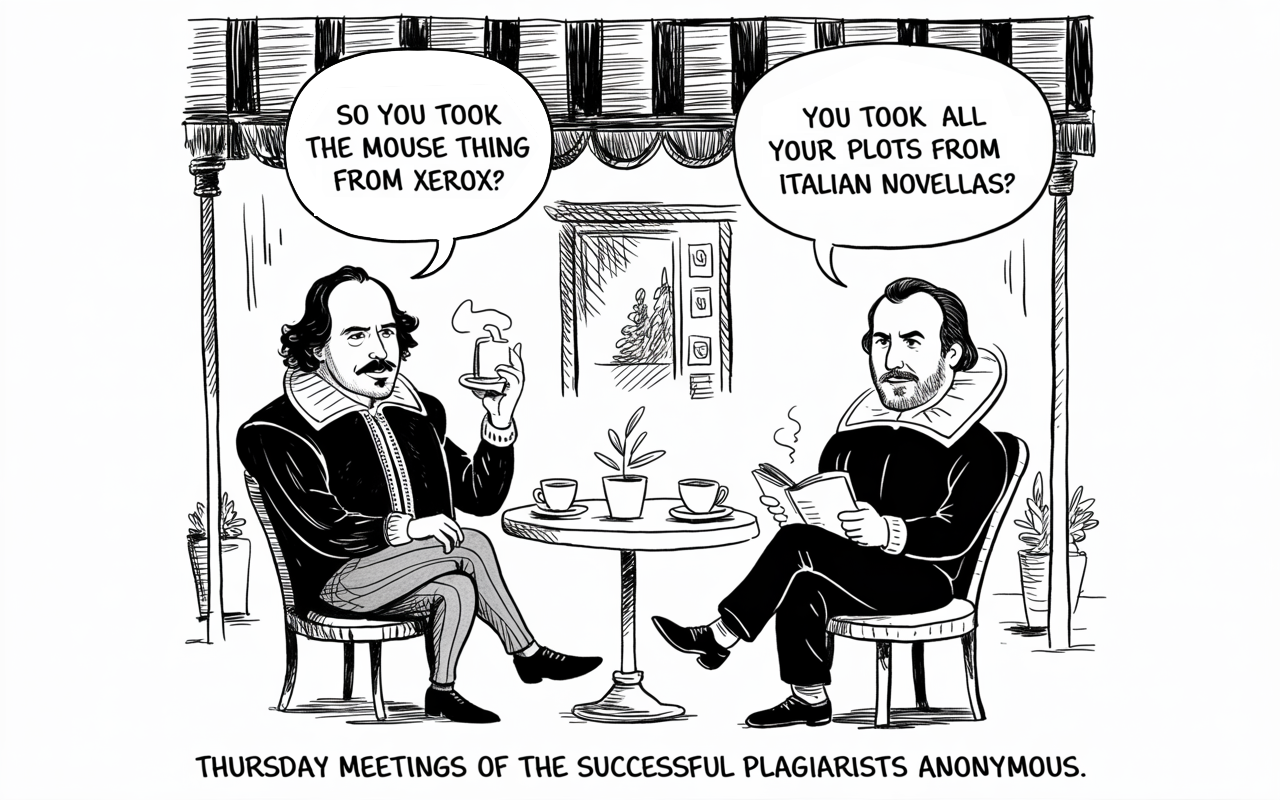
My philosophy professor once shocked our class by declaring, "Nothing you write will be original—and that's okay." She then showed us how Shakespeare borrowed plots, how Mozart built on musical traditions, how Einstein refined previous physics theories. Throughout history, creative "theft"—taking existing ideas and transforming them—has been the primary mechanism of human progress. The anxiety of creating something entirely new has paralyzed countless potential innovators, when the true path forward was always transformation, not invention from void.
What made these creators exceptional wasn't originality but transformation— the ability to take what exists and make it transcendent.
Application
This principle offers powerful applications across domains:
Identifying Theft Opportunities
Last summer, I spent a weekend cataloging products and services that frustrated me despite their fundamental utility. By Monday, I had a list of twenty potential business opportunities. Look for ideas, products, or approaches that contain unrealized potential—things that are good but could be extraordinary with the right refinement. The greatest opportunities often exist where technical capability hasn't yet been matched with emotional resonance or accessibility. What existing product do you use that makes you think, "This is useful, but I don't love it"? There's your opportunity.
The Refinement Framework

Ask: What's unnecessary here? What's missing? What would make this resonate emotionally rather than just functionally? How could this be simplified without losing its essence? These questions—Jobs' questions—can transform nearly anything.
From Consumer to Creator
This perspective fundamentally shifted my relationship with consumption. I no longer just watch films—I study how their narratives could apply to product storytelling. I don't just use apps—I consider how their interfaces could influence my website design. Everything we encounter becomes potential material for transformation. The line between appreciation and creation blurs.
We become active participants in the evolutionary process of ideas rather than passive recipients. I find this liberating—the pressure to be completely original vanishes, replaced by the more accessible challenge of thoughtful refinement.
The most profound insight from Jobs' career is that you don't need to be original to create something meaningful and impactful. You need the courage to "steal" with purpose, the taste to refine with precision, and the vision to see what others miss in what already exists.
The question isn't "What can I invent?" but rather "What existing idea is waiting for my unique refinement?"
So I'll ask you what I now ask myself every morning:
What will you steal next?
And how will you make it unmistakably yours?

🌶️ Courtesy of your friendly neighborhood, Khayyam
Don't miss the weekly roundup of articles and videos from the week in the form of these Pearls of Wisdom. Click to listen in and learn about tomorrow, today.

Sign up now to read the post and get access to the full library of posts for subscribers only.

Through essays and research, Khayyam Wakil explores how technology shapes human potential. He writes weekly about innovation, creativity, and the art of meaningful progress.

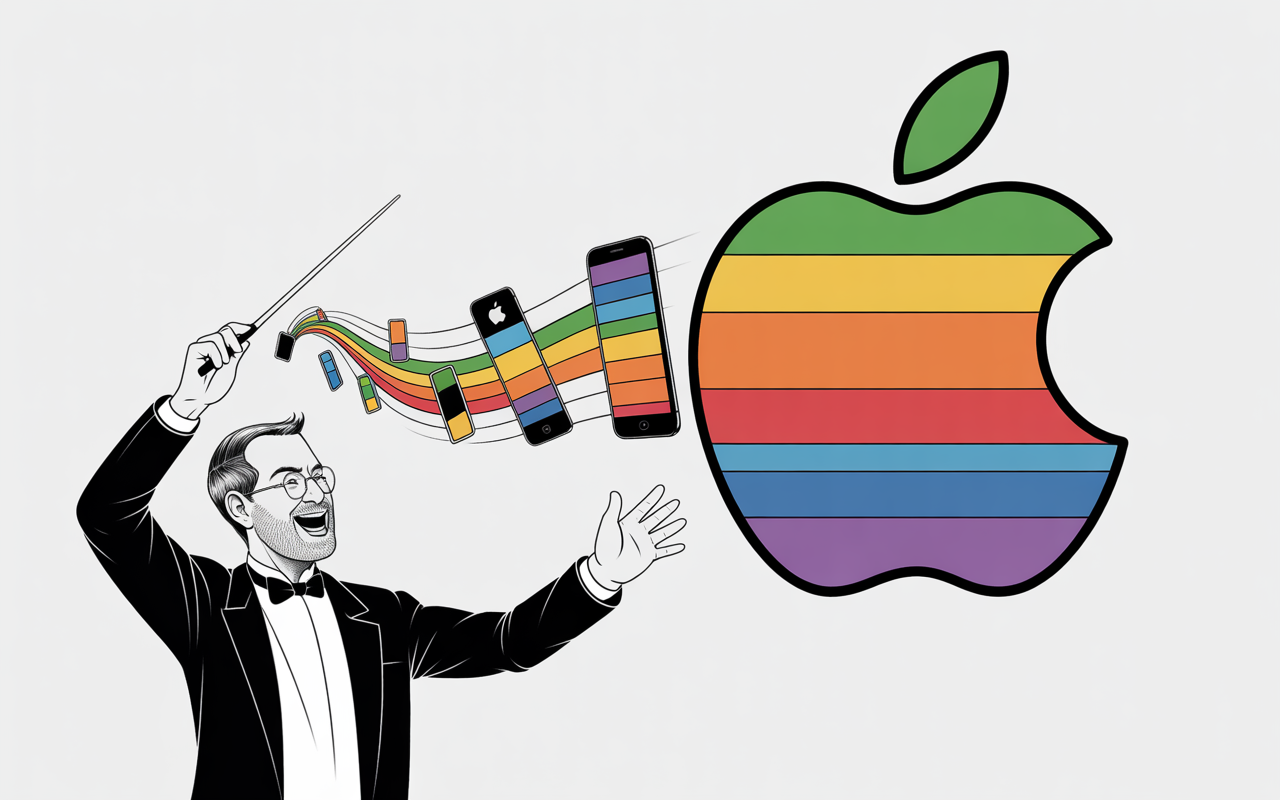


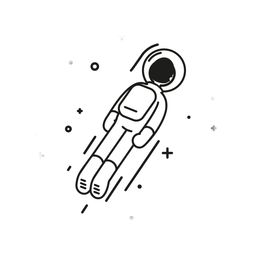
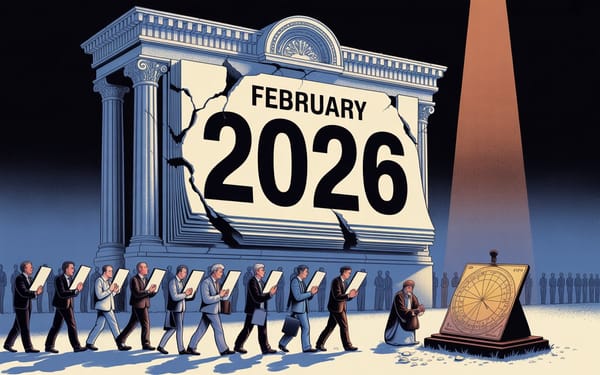
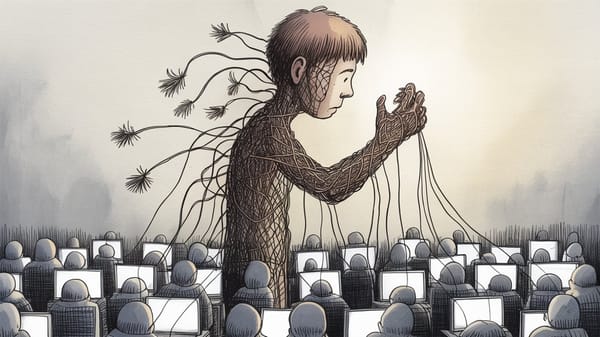
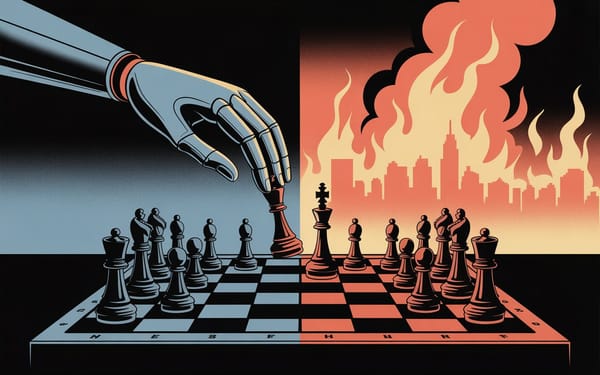
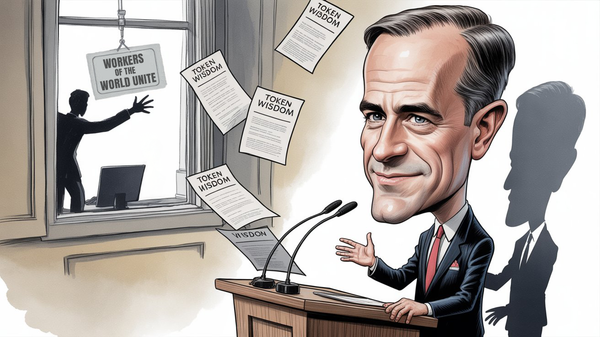
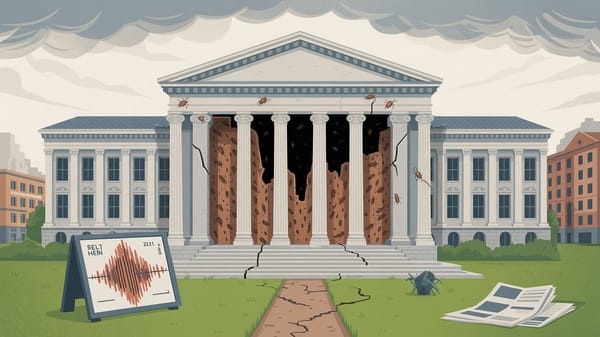
Member discussion